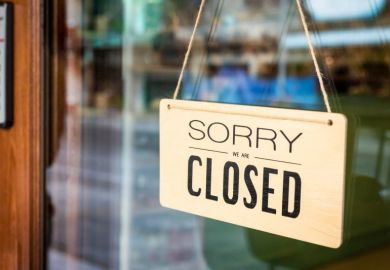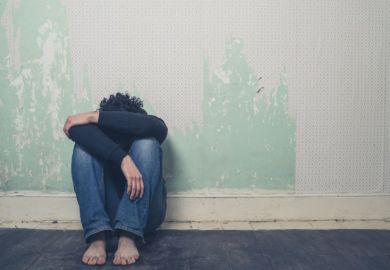US universities are dishing out guilt and major penalties over student parties as several campuses have already been forced into online teaching by coronavirus outbreaks tied to large extracurricular gatherings.
Following the University of North Carolina at Chapel Hill, a growing number of institutions have, within the first few days of the autumn semester, been driven by rising infection rates to cancel in-person classes.
Many of those universities, and several others that still hope to hold in-person classes, have begun railing against students gathering in large groups in dormitories, fraternities, campus quads and downtown bars.
They include Syracuse University, which temporarily suspended 23 students after videos showed a large freshmen gathering on campus.
That one “selfish and reckless” event may have caused enough virus spread to shut down the campus before the academic semester even begins, J. Michael Haynie, the vice-chancellor for strategic initiatives and innovation at Syracuse, said in a note to all students.
“Make no mistake,” Professor Haynie wrote, “there was not a single student who gathered on the quad last night who did not know and understand that it was wrong to do so.”
The University of Notre Dame, which suspended in-person classes after 147 students tested positive for Covid, demanded that students and staff “call one another to accountability”.
Pennsylvania State University’s president, Eric Barron, after suspending a fraternity for social gatherings, asked his campus community: “Do you want to be the person responsible for sending everyone home?”
Northeastern University threatened to expel students who, in an online survey, merely expressed plans to attend parties. Madeleine Estabrook, Northeastern’s senior vice-chancellor for student affairs, told the students that such a sentiment “is unacceptable [and] will not be tolerated”, and she demanded they renounce it in writing.
The developments, however, are raising complaints among both teaching faculty and behavioural experts who suggest that most US colleges should not have welcomed students back to their campuses given the contagiousness of the coronavirus and likelihood that teenage students would not accept the necessary behavioural restrictions.
Ali Mokdad, a professor of global health at the University of Washington in Seattle, said he estimates that only about 10 per cent of US colleges and universities could open safely for the autumn semester. Tallies suggest that at least twice as many are doing so.
Colleges may have had detailed plans for cleaning their campuses, installing protective barriers and allowing sufficient personal space in classrooms and dorms, said Christopher Barrett, a professor of computer science at the University of Virginia. But they may not have done enough to consider the realities of student behaviour, said Professor Barrett, executive director of his university’s Biocomplexity Institute, which studies details of societal interactions and their interplay with human health.
Even universities that weren’t fully clear about their plans weeks or months ago – forcing students to make housing arrangements for the fall – bear responsibility, Professor Barrett said.
“Part of the epidemic is the fact that they were not told not to come” back to campus, he said of college students. “That’s part of the epidemic.”
Register to continue
Why register?
- Registration is free and only takes a moment
- Once registered, you can read 3 articles a month
- Sign up for our newsletter
Subscribe
Or subscribe for unlimited access to:
- Unlimited access to news, views, insights & reviews
- Digital editions
- Digital access to THE’s university and college rankings analysis
Already registered or a current subscriber?








